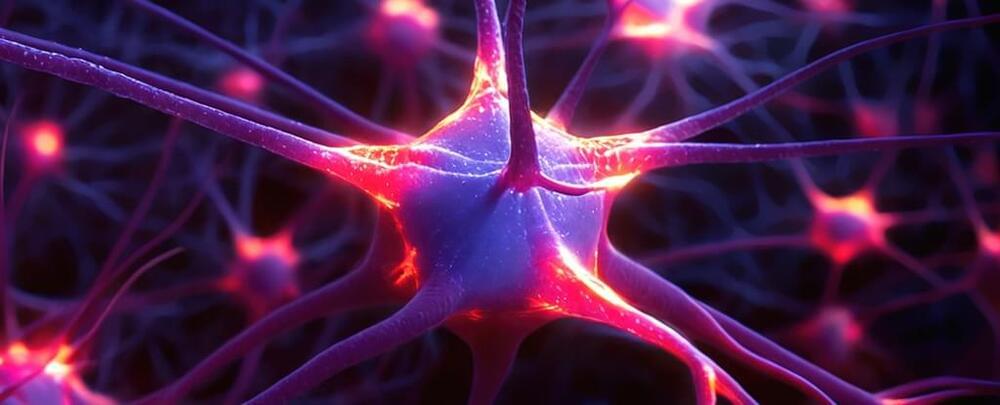Stimulating dopamine-producing brain cells wirelessly with gold nanoparticles has proven effective at treating mice with Parkinson’s disease, even reversing a portion of their neurological damage.
Researchers from the National Center for Nanoscience and Technology of China (NCNST) say it’s a significant step forward for using brain simulation to tackle Parkinson’s in humans, a neurodegenerative condition that affects more than 10 million people worldwide.
Deep inside the brains of those with the condition, dopamine-producing neurons take a major hit as insoluable clumps of a protein called alpha-synuclein accumulate, gradually depriving patients of an ability to control their movements.
